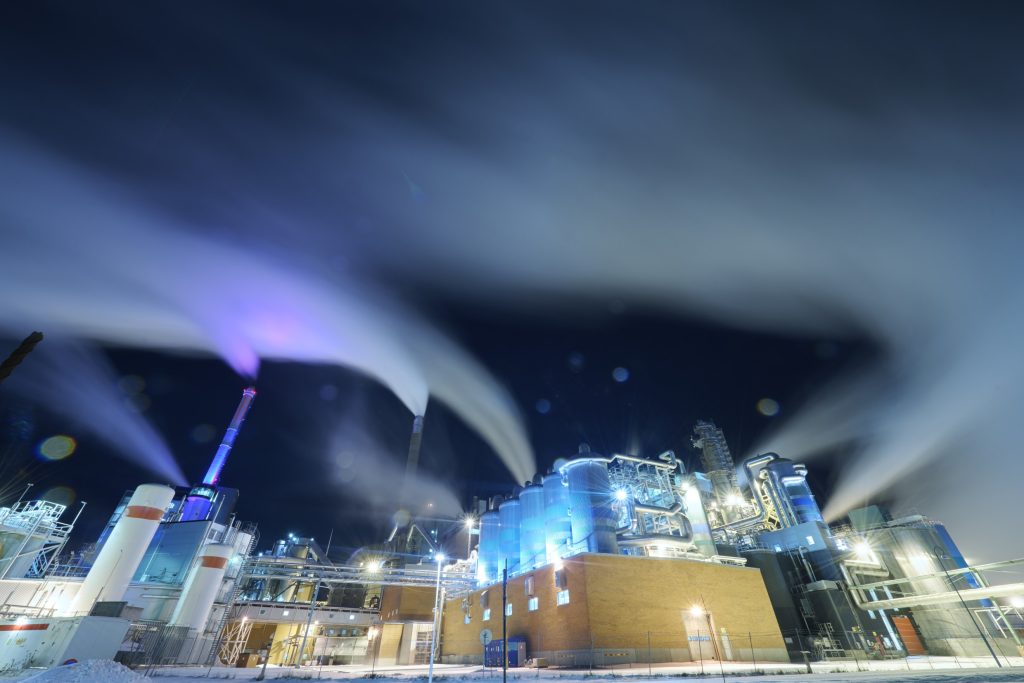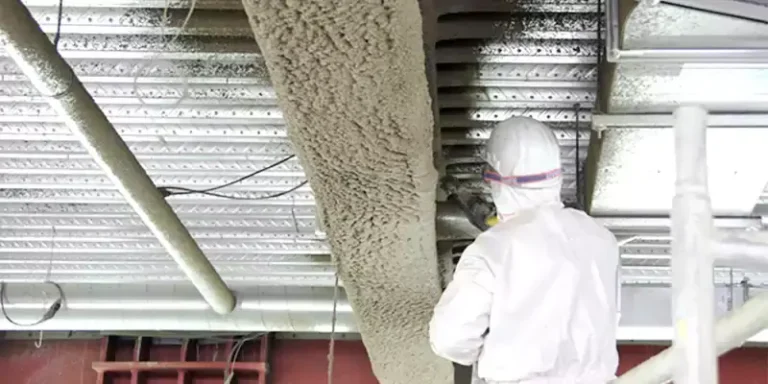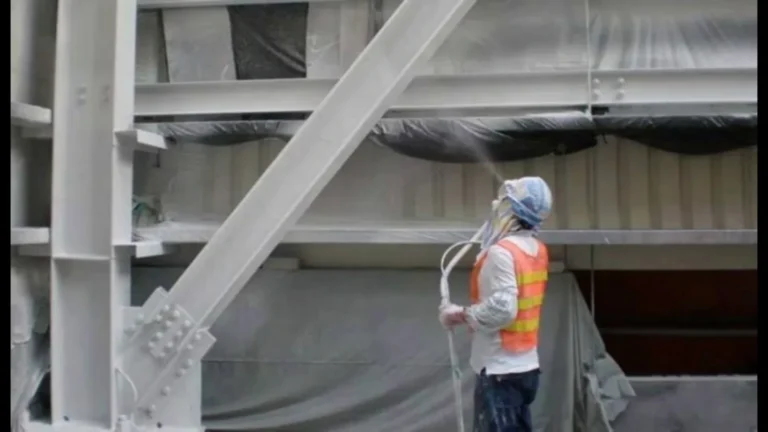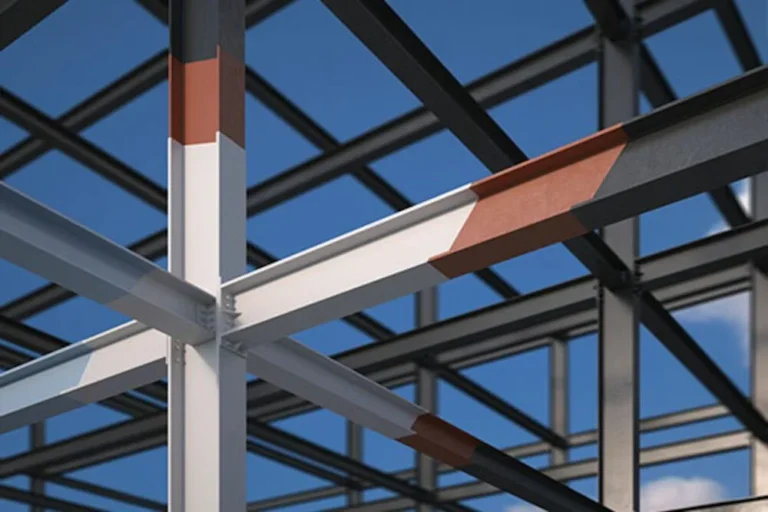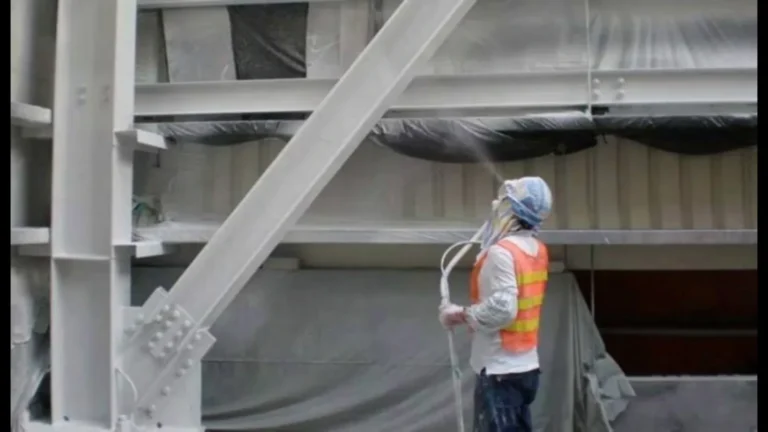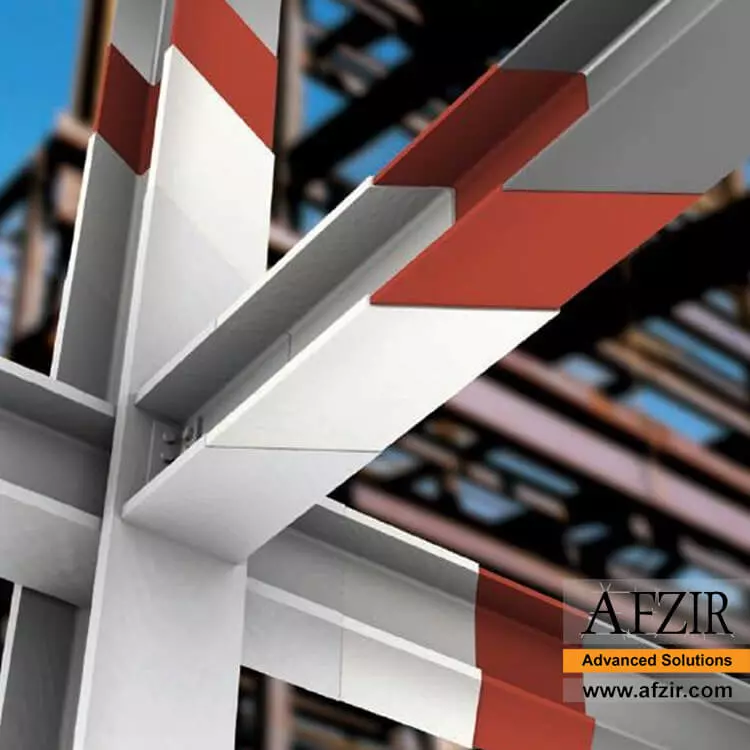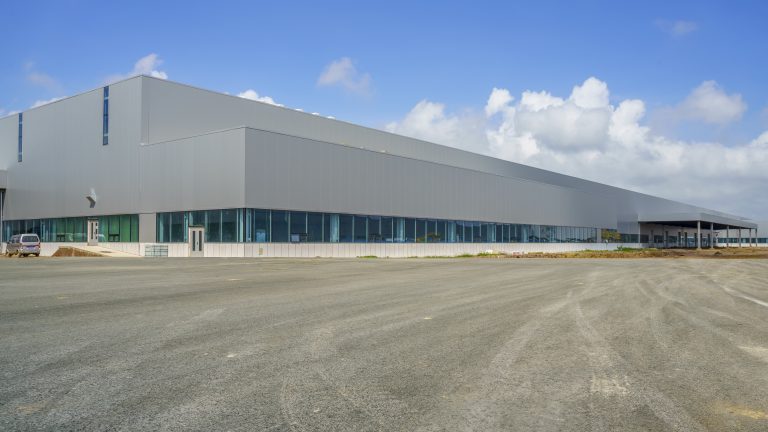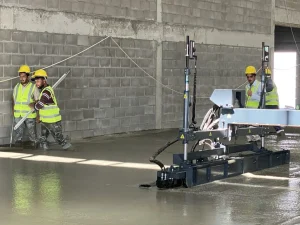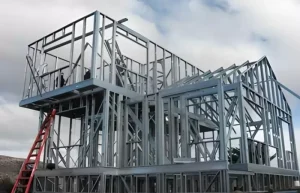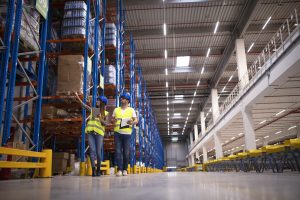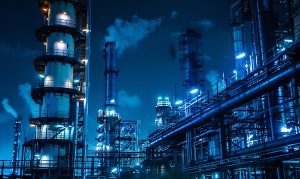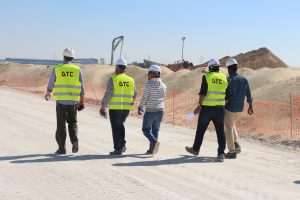Construction cause air pollution
Infrastructure is the foundation of economic growth. All construction sites produce enormous quantities of pollution, which may travel over great distances and for a very long time. According to research, dust from building sites is responsible for 20%-30% of air pollution.
The building effort might damage the air you breathe. Poor air quality is the most direct impact of a construction site’s pollution, aside from noise. This indicates that airborne pollutants, such as particulate matter and volatile chemicals, are disseminated across the neighborhood (mainly transported by wind) (the main wind direction will influence the area most affected by air pollution around a construction site).
Airborne contaminants have a rapid ability to cover great distances. Asbestos, volatile organic compounds (VOCs), particulate matter with a diameter of fewer than 10 microns (PM10), PAHs attached to particulate matter, asbestos, and gases including carbon monoxide, carbon dioxide, and nitrogen oxides are the principal construction pollutants that are dispersed by wind.
Pollution sources at construction sites
Air pollution is caused by several construction-related operations, including clearing land, running diesel engines, demolishing buildings, burning waste, and handling dangerous products.
- Construction dust: Activities like construction and demolition cause windblown dust issues, also known as fugitive dust, on adjacent roads that can linger in the air for days or even weeks.
- On construction sites, diesel engine exhausts from heavy machinery, trucks, and generators are a significant source of PM 2.5.
- Oil, glue, thinner, paint, painted wood, plastic, treated wood, cleansers, and other hazardous chemicals often employed on construction sites emit noxious vapors that contribute to air pollution.
- C&D Waste: Waste created during the construction, remodeling, repair, and demolition of any civil structure. It consists of construction waste, debris, and rubble.
Impacts on Environment
The construction industry accounts for around 40% of the world’s energy consumption, and emissions from buildings are predicted to increase by 1.8%. Steel, concrete, and aluminum are to blame for the significant carbon dioxide emissions. Creating 76 million completed cubic yards of concrete produces 9.8% of the world’s carbon dioxide.
Additionally, there is significant land and water pollution due to the discharge of fuels, lubricants, and other pollutants used in vehicles, equipment operation, and maintenance.
How to reduce air pollution?
Living close to a building site is unhealthy since it spreads a variety of toxins that might result in lifelong sickness. But the idea of green building has ushered in a revolutionary shift, leading to less pollution and a better environment.
- Never burn trash. Smoke will result from releasing toxic chemicals into the air, including carbon monoxide.
- Use hybrid technology instead of diesel-powered excavators and diggers. For instance, Volvo is testing a hybrid excavator prototype powered by the boom arm’s downward movement.
- Utilize low-sulfur diesel to power machinery and automobiles.
- Utilize catalytic converters and particle filters to enhance your current machinery.
- Some dust can be contained and prevented from spreading using water sprays or sprinklers. This will be especially helpful when performing jobs like filling skips or dismantling concrete.
- Some forms of dust can be controlled by using an on-tool extraction. This exhaust attaches to particular tools and eliminates dust as it is created.
- Obtain resources locally to prevent having to ship them long distances.
- Utilize sustainable or renewable resources, such as wood, from sustainably managed forests.
- Wear the proper respiratory protective equipment (RPE) based on the work, such as adequate personal protective equipment (PPE).
As we’ve already discussed, there are measures to avoid air pollution caused by construction. DTC is a contractor concerned about the environment, and our staff takes all necessary precautions to stop air pollution brought on by construction. Have questions about construction? Call + 966 13 86 777 37 to reach us.

